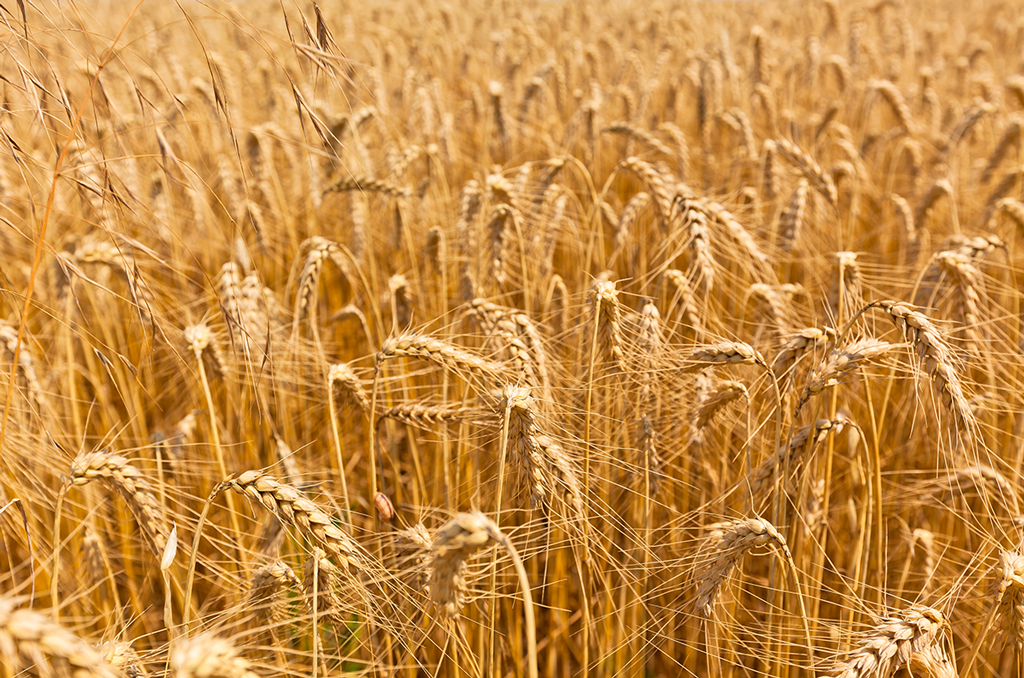
Interruption in Russian Grain Deal Fuels Concerns Over Global Hunger
- foodfightadmin
- September 6, 2023
- Federal, Global Hunger
- adlps, ads pages
- 0 Comments
In a press conference on Monday, Russian President Vladimir Putin asserted that the crucial deal enabling Ukraine to safely export grain via the Black Sea amid ongoing conflict will not be reinstated until the West complies with Russia’s conditions concerning its own agricultural exports. These comments came despite high hopes that Putin’s discussions with Turkish President Recep Tayyip Erdogan could breathe new life into an agreement that plays a significant role in global food security, particularly in Africa, the Middle East, and Asia.
The Kremlin’s stipulations for reviving the deal were met with skepticism from Ukraine and its Western allies, who view Russia’s demands as a maneuver to promote its own geopolitical and economic interests. Russia had earlier suspended the grain deal in July, citing a lack of commitment from the West on a corresponding agreement that would ease export barriers for Russian food and fertilizer products. Despite these alleged impediments, Russia has managed to ship record volumes of wheat since the prior year.
During the press conference, held in the Russian resort town of Sochi, Putin emphasized that Russia could swiftly recommit to the deal if the West fulfilled its previous obligations. On a more optimistic note, Erdogan mentioned that Turkey and the U.N., the original mediators of the deal, have assembled a fresh package of proposals aimed at resolving the stalemate.
German Foreign Minister Annalena Baerbock, however, criticized Putin’s stance as cynical, asserting in Berlin that the blame for the interrupted grain shipments lies solely with the Russian president.
The stakes in these negotiations are exceptionally high. Both Ukraine and Russia are key providers of essential commodities like wheat, barley, and sunflower oil, upon which developing countries heavily depend. According to statistics from Istanbul’s Joint Coordination Center, 57% of Ukraine’s grain exports under the deal were directed towards developing nations, with China being the primary recipient.
While grain prices initially surged following Russia’s withdrawal from the deal, they have since moderated, suggesting that an immediate market crisis may be averted. However, Galip Dalay, an associate fellow at London’s Chatham House think tank, warned that the failure to resurrect the deal could lead to “drastic impacts” in countries such as Somalia and Egypt, which are significantly reliant on grain exports from the Black Sea region.
In an intricate balance of geopolitics and public relations, Russian President Vladimir Putin appears to be navigating a “war of narratives,” according to Galip Dalay, an expert on international affairs. Putin aims not only to seek relief from Western sanctions but also to maintain a favorable image in the Global South, especially in the context of rising food insecurity.
Addressing the accusation that Russia’s suspension of the grain deal disproportionately affects developing nations, Putin revealed on Monday plans to supply free grain to six African countries, including Burkina Faso, Zimbabwe, Mali, Somalia, Eritrea, and the Central African Republic. Additionally, Russia will export 1 million metric tons of discounted grain to Turkey, which will then process and distribute it to impoverished nations.
The situation gains added complexity as Russian forces continue their aggressive actions in Ukraine’s Odesa region, home to Ukraine’s primary Black Sea port. The latest assault came just hours before Putin’s meeting with Turkish President Recep Tayyip Erdogan in Sochi. Amid the turmoil, Ukraine’s Foreign Minister Dmytro Kuleba called for Russia to rejoin the grain agreement, citing a lack of “legal and political grounds” for its withdrawal.
This diplomatic dance occurs against the backdrop of Ukraine’s recent counteroffensive against Russian forces. Ukrainian President Volodymyr Zelenskyy announced the upcoming replacement of Defense Minister Oleksii Reznikov, hinting at a need for “new approaches” without further elaboration.
Putin and Erdogan, both authoritative figures with over two decades in power, share a strong rapport that has persisted despite Turkey’s NATO membership and support for Ukraine. Ankara has resisted joining Western sanctions against Russia, thereby becoming a vital trading partner and logistical asset for Moscow.
In a related development, Russia is also bolstering its military ties with North Korea. Russian Defense Minister Sergei Shoigu’s recent visit to Pyongyang has paved the way for potential joint military exercises, raising concerns in the United States. U.S. National Security Council spokeswoman Adrienne Watson disclosed that ongoing discussions might include “leader level diplomatic engagement” between North Korea and Russia.
The evolving geopolitical landscape features a series of high-stakes diplomatic gambits, from sanctions and military offensives to strategic alliances and humanitarian gestures. As global leaders attempt to maneuver through this complex web, the outcomes are sure to have a far-reaching impact, not only on international politics but also on critical issues like food security.








